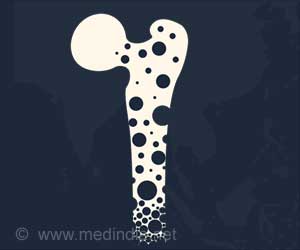A new study shows that eating ‘eatable’ portions of watercress every day, may reduce the risks of developing cancer.
A new study shows that eating ‘eatable’ portions of watercress every day, may reduce the risks of developing cancer.
Scientists led by Dr. Ian Rowland, from the University of Ulster, conducted a study published in the American Journal of Clinical Nutrition.The study involved 30 men and 30 women, out of which 30 were smokers.
They were given 85g of watercress the popular leafy vegetable used in salads, to eat daily, once, for 8 weeks. This amount is equivalent to a bowl of salad which most of us can polish off easily.
Examination of white blood cell DNA damage, a biomarker of cancer, showed a reduction by around 23 percent.
When cell samples were exposed to hydrogen peroxide, which generates large numbers of free radicals, damage levels were 9.4% lower than would normally be expected.
The researchers also noted a 100% increase in levels of the molecule lutein and a 33% rise in beta-carotene, both of which have antioxidant properties.
Advertisement
Says Rowland, "Blood cell DNA damage is an indicator of whole body cancer risk, and the results support the theory that consumption of watercress is linked to an overall reduced risk of cancer at various sites in the body.”
Advertisement
One study on human colon cancer cells showed watercress extract cut DNA damage in the cells, and helped control their growth and spread.
Rowland supports his findings as ‘highly significant’ by noting that: "The results support the theory that consumption of watercress can be linked to a reduced risk of cancer via decreased damage to DNA and possible modulation of antioxidant status by increasing carotenoid concentrations."
Source-Medindia
ANN







